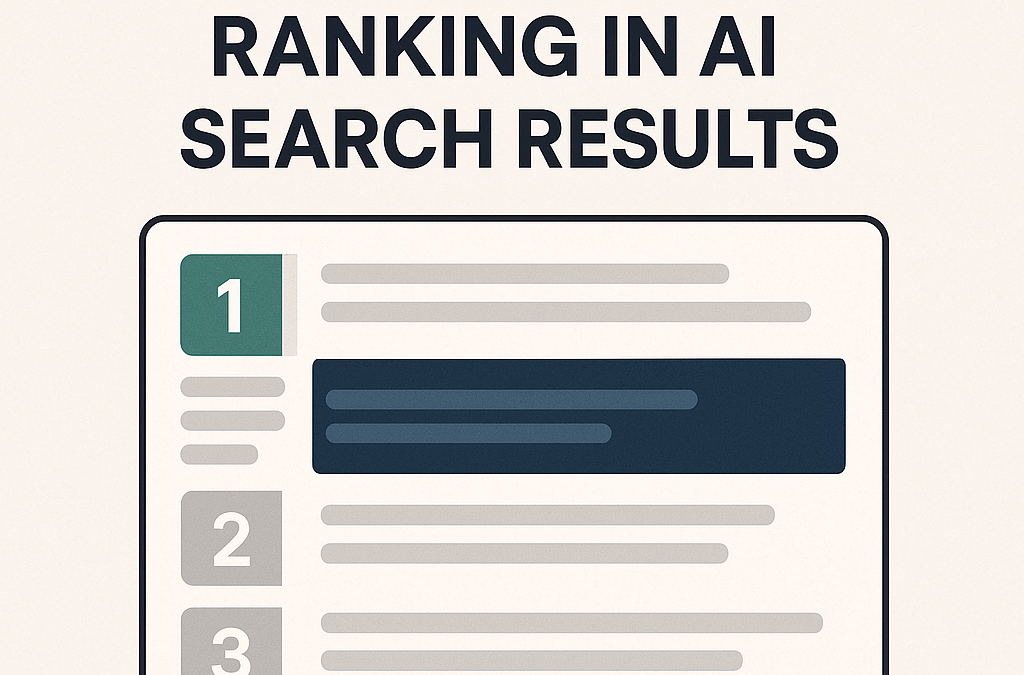Key Takeaways:
- High Engagement Rates: Publishers report that engagement on Bluesky is up to 3X higher compared to other platforms.
- Decentralized Model: Bluesky empowers users with control over algorithms and moderation, offering a customizable and secure experience.
- Exodus from X: A significant user migration from X (formerly Twitter) has bolstered Bluesky’s rapid growth.
- Cultural Shift: Bluesky reflects a broader demand for platforms that prioritize user autonomy and healthier interactions.
Background on Bluesky
Founded in 2019 by Jack Dorsey, former CEO of Twitter, Bluesky was envisioned as a decentralized social media alternative. Its foundation lies in the AT Protocol, a technology that emphasizes user autonomy and interoperability. Bluesky’s approach allows users to create personalized feeds and tailor their interactions without relying on a central authority to determine what content they see.
Bluesky is unique in its rejection of traditional algorithms that dominate platforms like X. Instead, users can apply custom algorithms and moderation tools, fostering smaller, community-centric environments. This model positions Bluesky as a direct response to growing dissatisfaction with centralized social media platforms.
The Rise of Bluesky as a Traffic Source
Publishers are taking note of Bluesky’s ability to drive meaningful engagement. Recent reports reveal that users interact with content at rates three times higher than other social platforms, making Bluesky a valuable tool for audience building. This uptick in engagement suggests that Bluesky’s user base is not only growing but is highly active and invested in the content they consume.
Bluesky’s decentralized framework also encourages more authentic interactions. Unlike algorithm-driven feeds that prioritize sensationalism, Bluesky’s structure allows publishers and users to connect in ways that feel less manipulative and more transparent.
A Shifting Social Media Landscape
The social media ecosystem is undergoing profound changes. Users increasingly prioritize platforms that offer them more control and less toxicity. Bluesky’s emergence coincides with broader frustrations over the practices of traditional platforms like X.
Under the leadership of Elon Musk, X has faced criticism for issues such as poor content moderation, misinformation, and a surge in divisive rhetoric. These challenges have alienated long-time users and opened the door for alternatives like Bluesky to thrive. The decentralized nature of Bluesky aligns with these shifting priorities, offering solutions to many of the issues plaguing traditional platforms.
Decentralization gives users the freedom to customize their experiences. Bluesky allows individuals to choose moderation levels and algorithms that reflect their preferences, breaking away from the one-size-fits-all model of platforms like X. This approach creates healthier communities where discussions can flourish without interference or manipulation by platform operators.
Migration from X to Bluesky
The most striking sign of Bluesky’s success is the exodus of users from X. Since Musk’s acquisition and rebranding of Twitter to X, many users have expressed dissatisfaction with the platform’s direction. High-profile incidents of misinformation, toxic behavior, and changes to user verification systems have driven waves of discontent.
Bluesky’s growth has been fueled by these dynamics, with millions of users creating accounts daily. The platform’s commitment to free expression without the chaos associated with X has attracted journalists, academics, influencers, and ordinary users seeking a more reliable and enjoyable experience.
Notable public figures have joined Bluesky to escape the increasing hostility and noise of X. For many, Bluesky’s focus on smaller, interest-based communities feels like a return to the early days of social media when connections were more meaningful and less transactional.
Bluesky’s Role in a Changing Social Media World
Bluesky isn’t just another platform; it represents a larger shift in how people view social media. The demand for decentralized, user-driven systems highlights growing awareness of the pitfalls of centralized algorithms. Many users are no longer content to be passive consumers of curated content. Instead, they want to shape their experiences actively.
The broader implications for publishers, advertisers, and content creators are significant. As engagement shifts away from platforms like X, businesses must adapt to new norms that prioritize meaningful connections over mass appeal. Bluesky’s user-focused model offers an opportunity for brands to build trust and foster loyalty in ways that may no longer be possible on other platforms.
The Future of Bluesky
Bluesky is still in its growth phase, but its trajectory suggests it could reshape the social media landscape. Its success stems from listening to user frustrations with existing platforms and providing practical solutions. By offering control, customization, and a healthier community environment, Bluesky stands out as a social media platform designed for the next generation of users.
As more people seek alternatives to traditional social platforms, Bluesky’s decentralized, engagement-focused model could pave the way for a new era of online interaction. For users disillusioned with the chaos of X, Bluesky offers a refreshing start—a platform that prioritizes authenticity, engagement, and respect for its users.
Follow us on BlueSky here.









